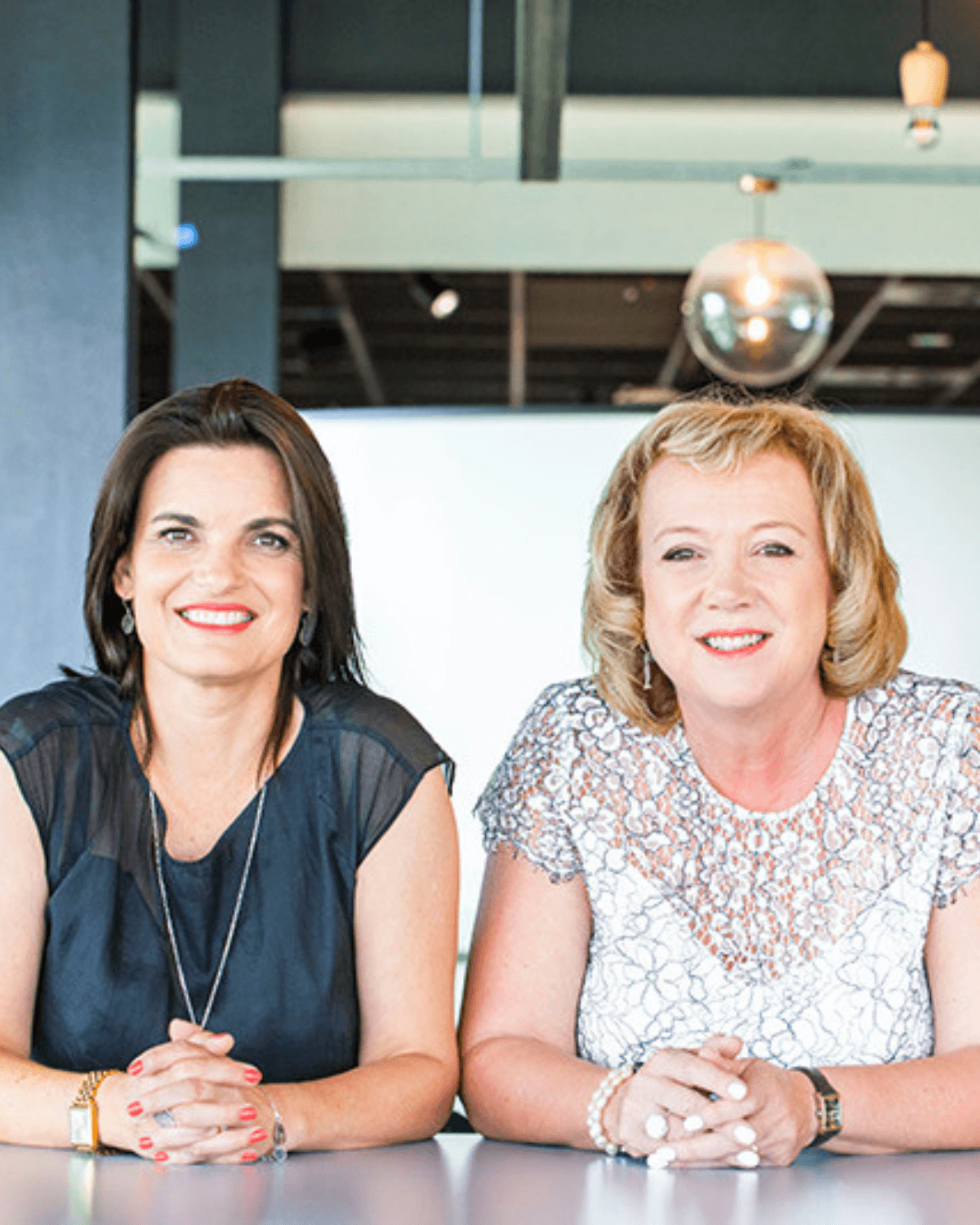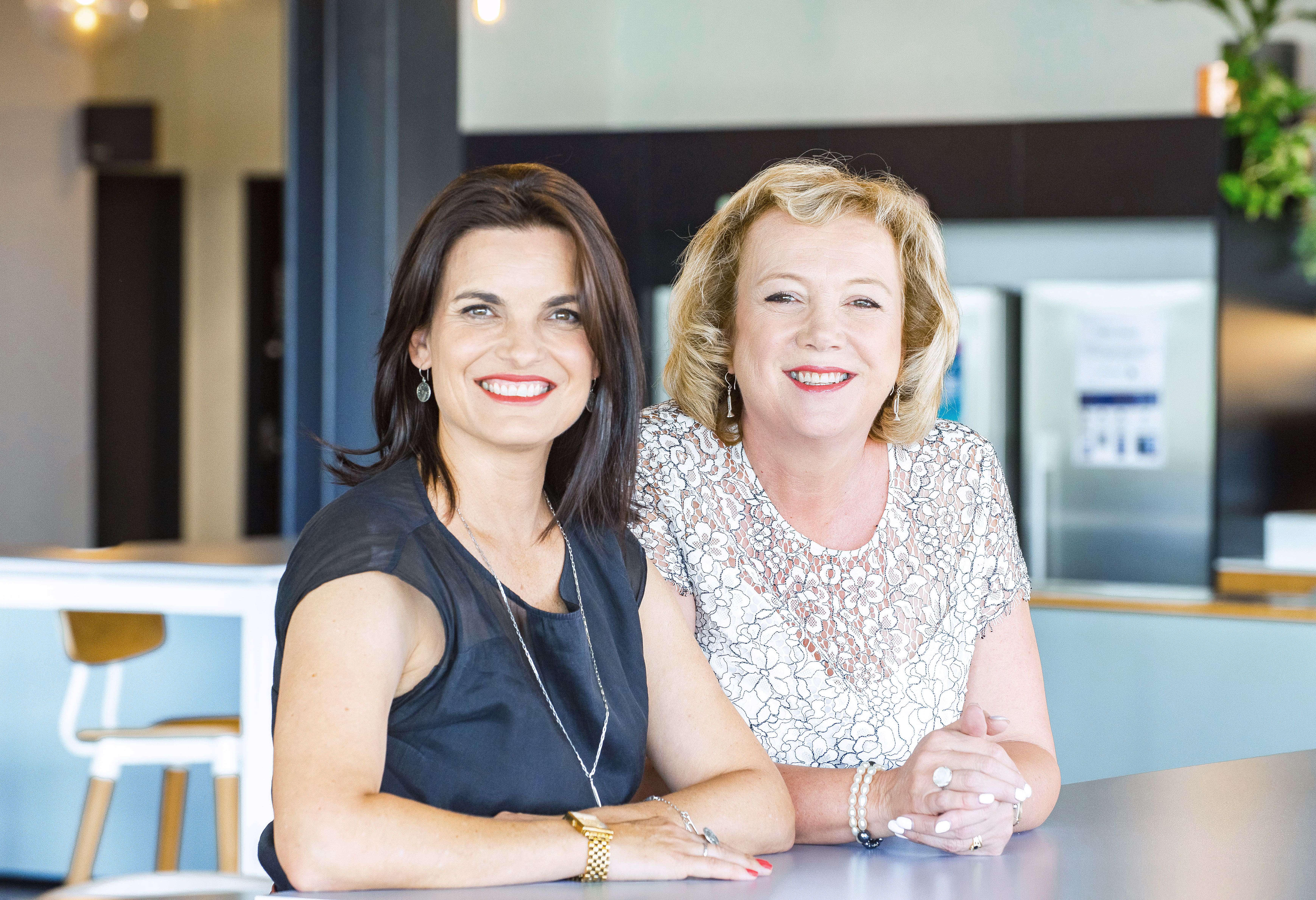Fossil fuels and the impact of climate change on the Pacific generated unprecedented debate at the recent 2023 United Nations Climate Change Conference of Parties (COP28) in Dubai.
Anthem spoke to three Kiwi attendees – Beca CEO Amelia Linzey, Sustainable Business Council (SBC) CEO and Climate Leaders Coalition’s Mike Burrell, and ESG Strategy Principal Lee Stewart – about their insights into the hot topics to emerge from the event.
Anthem: About two dozen countries that call themselves the climate High Ambition Coalition (HAC) were calling for an “energy package” to come out of COP28. New Zealand was a signatory. They wanted an energy package that commits to staying within a 1.5C temperature limit and to peak emissions by 2025.
To what extent will being party to a declaration like this achieve meaningful outcomes for New Zealand, and its standing with other Pacific nations vulnerable to climate change?
Mike Burrell (SBC): It’s critical that New Zealand is seen to be standing with its Pacific neighbours. The Pacific Islands are very influential and vocal at the COP events as, obviously, they are on the front line of the effects of climate change and some countries’ very existence is threatened. New Zealand provides an additional voice for the Pacific, as does Australia.
We are also very fortunate to have a highly renewable grid – around 80% of our electricity generation is renewable which is unusual – so I think that we can be inspirational in a leadership role.
It’s very easy to back away from these big ambitious targets. It’s important for New Zealand to be part of a group that says it is doable. This is against the backdrop of IPCC reports which show that we are very likely to overshoot the 1.5C target. We are in a world where we are going to have to manage through that overshoot as we try to push our emissions down. That makes our task that much harder. We can’t do this on our own and having a voice amongst others is really important.
Amelia Linzey (Beca): Committing to something like this is fundamental to addressing the existential threat our Pacific neighbours face. To be a good citizen in this part of the world, it’s critical that we are involved and acknowledge the significance of what not achieving the 1.5C limit looks like for many of the countries in the Pacific.
It’s also important to consider the role New Zealand plays in the south Pacific region and neighbourly-ness, much like what Australia has done with the Australia-Tuvalu Climate and Migration Agreement. We are already seeing the consequences of temperature rises over 1C now and it importance of ambition for limiting global warming to 1.5C all that more evident.
It did feel at COP like this was part of a last call to hold onto that ambition and it’s really positive that we are involved in the HAC and supporting it. It’s important we maintain that ambition even though it requires us to be incredibly optimistic and positive about how we might get there.
Anthem: There are concerns that the scale and influence of fossil fuel lobbyists at COP28 was unprecedented; four times as many attended this year compared to COP27.
Some say it’s vital to have fossil fuel companies at the table – others say it is undermining COP28’s reputation and will compromise the outcome of any COP28 agreements. What is your view?
Lee Stewart (ESG Strategy): Fossil fuel lobbyists have undoubtedly employed various delay tactics over recent decades, setting a distinct agenda compared to most delegates at COP28. Al Gore, a former USA Vice President and a prominent figure in climate advocacy, notably criticised the COP President and the UAE at an event I attended, highlighting a blatant conflict of interest. This was especially pertinent given the UAE host president’s role as CEO of the nation’s largest oil company and his efforts to negotiate new oil deals during COP28.
This conflict was apparent in COP28 President Sultan al-Jaber’s opening speech. Although his call for ambition and unity to sustain the 1.5-degree goal was compelling, his assertion that “fossil fuels do have a future” set off alarm bells for me. This statement stood out as a significant point of contention throughout the negotiations, especially as scientific consensus urges the phasing out of fossil fuels.
The presence of an overwhelming 2,456 fossil fuel lobbyists at COP28, starkly outnumbering the modest 30-member Tongan delegation I was part of, underscored the imbalance between the survival struggle of small nations and the powerful global fossil fuel industry.
While I believe that the fossil fuel industry should have representation in these discussions, their influence needs to be carefully moderated. Strict regulation of their numbers and access at such conferences is crucial. The era of deceptive strategies is ending; natural gas cannot be seen as a transition fuel, carbon capture and storage have not met expectations, and it’s imperative for the world to gradually eliminate fossil fuel reliance.
Amelia Linzey: It’s really obvious the scale and shift in interest from different parties, particularly the increase of private sector involvement. We felt like we saw a very strong presence of industry interest and I think there is a positive side to that, which is alignment and consensus in the importance of the issue. Climate goals are no longer something that governments can make decisions on for businesses to follow later. We need to be ‘all-in’ – all of us active in how we respond to this.
I also think it supported some more pragmatic action planning. If you have fossil fuel interests in the room agreeing to some of those commitments – such as the terms of transitioning out of fossil-based economies ,then it’s a more tangible or actionable outcome.
At a wider level, industry involvement at COP also made it more evident there are technological solutions that are tangible and real and exist. It’s now about how we shift industry to those technological solutions which aren’t cheap, and how we finance those.
To your question, we should always been on the watch out for lobbying, but it felt more like an alignment on the solutions, acknowledging the risk of a potential agenda to derail.
Anthem: NZ was awarded “Fossil of the Day” award at COP28 for the National Coalition Government’s commitment to revoking the ban on offshore oil and gas drilling. The Climate Action Tracker concludes New Zealand’s goals and delivery too are “highly insufficient”.
How is NZ’s reputation as a climate action leader faring in light of these criticisms during COP28? And what might this mean for NZ’s reputational standing with major trade partners who increasingly insist on measurable action to mitigate climate change?
Lee Stweart: New Zealand truly merited the accolade it received. Having received global recognition for prohibiting fossil fuel exploration, to only reverse this decision a few years later is laughable. Our ‘highly insufficient’ rating in climate action highlights what appears to be a paradox in our climate strategy, suggesting a missed opportunity in effective climate policymaking.
During my time at COP, particularly within the leaders’ inner circle, what struck me most was the immense opportunity for global trade that such gatherings offer. For a geographically remote country like New Zealand, the chance to engage with numerous world leaders in one venue is invaluable. However, the absence of a New Zealand leader speaking and a dedicated pavilion meant a relatively subdued presence at COP28. Although New Zealand sent competent negotiators and participated actively in the formal aspects of COP28, the experience of visiting pavilions from countries like Australia, Singapore, Japan, Great Britain, UAE, India, China, and even the State of Palestine, was revealing. These nations were actively presenting their progress in climate solutions and supporting business initiatives. This contrast made it evident that New Zealand might not be fully rising to the challenge. This is particularly regrettable considering that trade is so important to the survival and prosperity of the nation.
Mike Burrell: It’s too soon to say whether the award has impacted New Zealand’s reputation. Although we received ‘Fossil of the Day’, we have received the award at many COPs. We are fortunate to have a very pro-active NGO community here in New Zealand and they often put our names forward, which is not a bad thing as it keeps us honest.
If you take a step back from it and look at what it means on a global level, it’s infinitely small compared to what is happening in other countries. I think (New Zealand’s Climate Change) Minister (Simon) Watts did a good job in Dubai. I saw him speak multiple times and he was very impressive for someone who had been in the job for less than a week. He got in behind some robust conversations and supported our likeminded friends to ensure we pushed this COP as far as we could.
Anthem: What other insights have particularly stuck with you post-event?
Lee Stewart: During my time with the Tongan delegation in the first week of COP28, providing strategic support, I often felt a profound sense of despair. I was assisting a nation deeply affected by climate change, yet it seemed like their concerns were not being adequately heard on the global stage. Observing the dynamics in the leaders’ lounge was eye-opening. The contrast was stark between the limited resources of small nations like Tonga and the extensive entourages accompanying other countries’ leaders, complete with advisors, press teams, and security. It was particularly disheartening to learn that the small island states received minimal consultation when key decisions were made, which felt almost like an affront. During my time as an honorary member of the Tongan team, I noticed their cultural tendency towards a more reserved style of advocacy, preferring not to engage in loud protests or forceful demands. This approach, unfortunately, seems to result in their critical voices being drowned out by the more affluent nations. As debates continue around climate goals, employment, and other issues, the very essence of Tongan culture and way of life faces an existential threat, slowly eroding under the relentless tide of climate change.
Amelia Linzey: I was fortunate to attend COP28 on behalf of Beca as part of the inaugural ‘NZ Business’ delegation. Participating in COP28 presented us with the opportunity to highlight our focus at Beca on meaningful and sustainable environmental and social outcomes, in all we do alongside our clients and communities to make every day better. The conference also focused on some topics aligned to our “key focus areas” for positive legacy impact and provided a unique platform to build and strengthen relationships with clients and partners in government and industry from New Zealand, Australia and other countries, and with the global climate action community.
One session in the Green Zone particularly stood out. It was held by a psychologist who spoke about the evidential proof that incentivising and sharing positive stories will drive changes and behaviour much more than fear. Yet we have an addiction in the climate world to focus on fear and data showing depressingly negative trends and figures. This speaker reminded me the importance of talking about positive things people can do – on the opportunities to change mindsets and help people think that making an impact is manageable.
We also heard about the positive things we are doing like how much our car fleet has shifted in terms of the number of electric vehicles on the road now. We are making massive changes but you can still be depressed that they are not enough. We have to think about what will drive people to make change while being realistic about the problem.
Mike Burrell: I had three key takeaways from the COP: The first would be around ecological overshoot – we are going to go into a temporary period where we will go over 1.5C and we need to be psychologically prepared for that and to treat it in the same way that we treated COVID. Many people caught and died from COVID which was more of a reason to concentrate on containing and reducing it. The same should be happening here with climate change.
The second was that I came away optimistic. There is some fantastic international leadership, including people and companies, who are making a real difference and gave me hope.
The third was about the role that international large-scale philanthropy plays in managing climate change. We should be considering philanthropy particularly in the early stages of transformational change where often you need co-capital for investment because the risks are so high. This is where philanthropists can come into play because they can invest and see a huge global outcome. I’m interested in having those conversations in New Zealand and seeing what areas they could play a role in. I was really inspired and excited by that.









